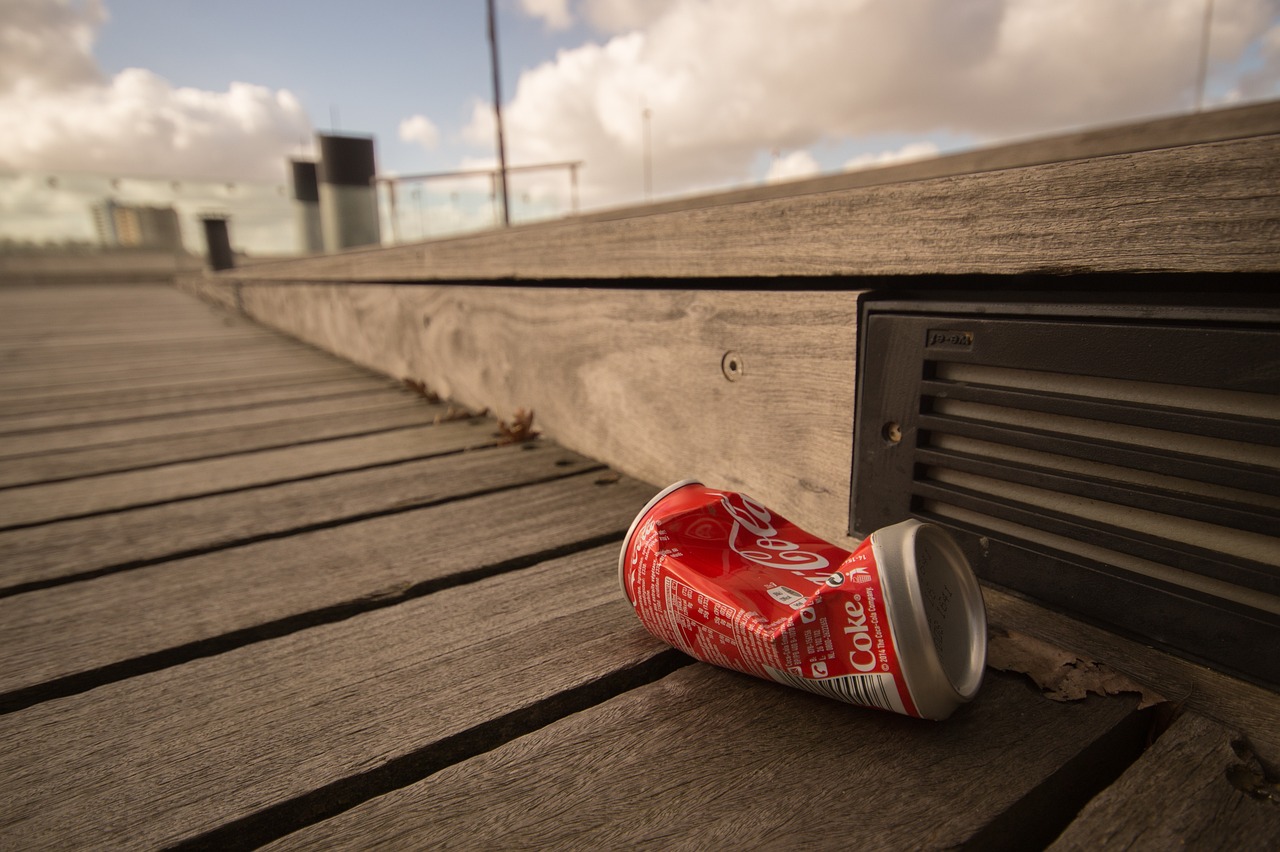In educational research, we often ‘do theory’ as a preamble to what we theorise about. For example, in theses and dissertations, a literature review is most often undertaken before data-gathering. This structuring is necessary to assist students through the process. In ‘real life’, though, we tend to engage in habitual social practices to which theory can then be directed. In what follows, I would like to share my own, perhaps surprising, example of such a practice from outside the field of education: litter picking. It is an experience which I think offers up theoretical questions and, consequently, illustrates the value of theory to illuminate the everyday.
I’ve been picking litter with neighbours in my local area (first Saturday of each month at 10.00am—all are welcome) for almost as long as I’ve lived in Sheffield. The question which I’ve mused on while picking, particularly when it’s raining, is why we do it. Perhaps before considering that, though, it would be useful to ponder what we mean by litter, how we designate it as such. Here, sociology can help. A can of coke (a common find) is what Margaret Archer would term an item of ‘cultural intelligibilia’. It is a signifier that carries one message on a supermarket shelf (choice and freedom within capitalism) and another when cast wilfully by the side of a bus stop (the fraying of social norms). Litter sits at the nexus of these paradoxes and tensions within contemporary capitalism: as consumers we are ‘responsible’ champions of the dominant economic order, but when we throw away our detritus we become ‘irresponsible’ and blameworthy. After all, nobody (including sociologists) likes litter. But is this why I pick litter? To avert anomie in my backyard? No, of course not. But I do have more modest aims that may be expressed in philosophical terms.
We pick up all types of litter, but it may usefully be divided between that which is quite large and clearly catches the eye and that which is smaller and could easily be overlooked unless, like me, you had taken it upon yourself to go searching for it with a litter grabber to hand. Both types need to be picked: the first because it is an eyesore and usually contains plastic-type materials with the environmental implications that entails; the second because, although it is not obviously jarring on the eye, it too usually contains plastic-type materials. Litter, then, is aesthetically unpleasant and it is bad for your health. The moral philosophy of utilitarianism offers a way of understanding why we should do something about it.
Utilitarianism is built around the concept of utility value, or ‘what is good for your welfare’. This may be conceived at two levels: the personal and the social. Utility is most often defined as having certain ‘experiences’—particular mental states or forms of consciousness. The mental states with which utility is most usually associated are those of pleasure or happiness. Finally, many utilitarians would distinguish between ‘intrinsic utility’ (what is good on its own account) and ‘extrinsic utility’ (what has value solely as a means to an end). Aesthetic pleasure and good health are intrinsic utility values at both personal and social levels, but they also have extrinsic value as they lead to other social goods—for example, good health may be needed to enable us to undertake activities that we value. From this perspective, litter has neither intrinsic nor extrinsic utility value in terms of our aesthetic pleasures or our health. Indeed, it has negative value, or ‘disutility’.
Of course, I do not wish to imply that my litter-picking is consciously actuated by such lofty purposes. It is not. I’m just picking up rubbish after all. My point, though, is that practice can often find its rationalisation in theory. Having said that, there may be limits to what utilitarianism can say about litter-picking. For example, if utility is an experience of happiness or pleasure, does utilitarianism allow for degrees to which these experiences can be felt? Are some people more prepared to put up with litter than others or to overlook it entirely? Can they be said to be experiencing disutility? Who, if anyone, decides? And if happiness is a state of consciousness, how does a utilitarian account for the unconscious experiences of ill-health through everyday exposure to toxins, micro-plastics etc? If I’m unaware that something is harming me, is that thing still a disutility? These, though, are the sort of ‘theoretical questions’ I alluded to above and which encourage a useful conversation between theory and practice. Anyway, you get quite a bit of time to think when you’re picking up coke cans by the roadside.
Dr Andrew Morrison is an Associate Head in the Sheffield Institute of Education. He lectures and researches in the field of Sociology of Education.

Leave a Reply